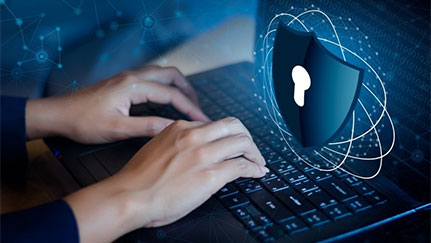A recent Nationwide survey found that 47% of midsized business owners reported that their business had experienced a cyberattack. This article provides tips you can use to keep your business prepared.
Subscribe to our newsletter for timely content in your inbox

